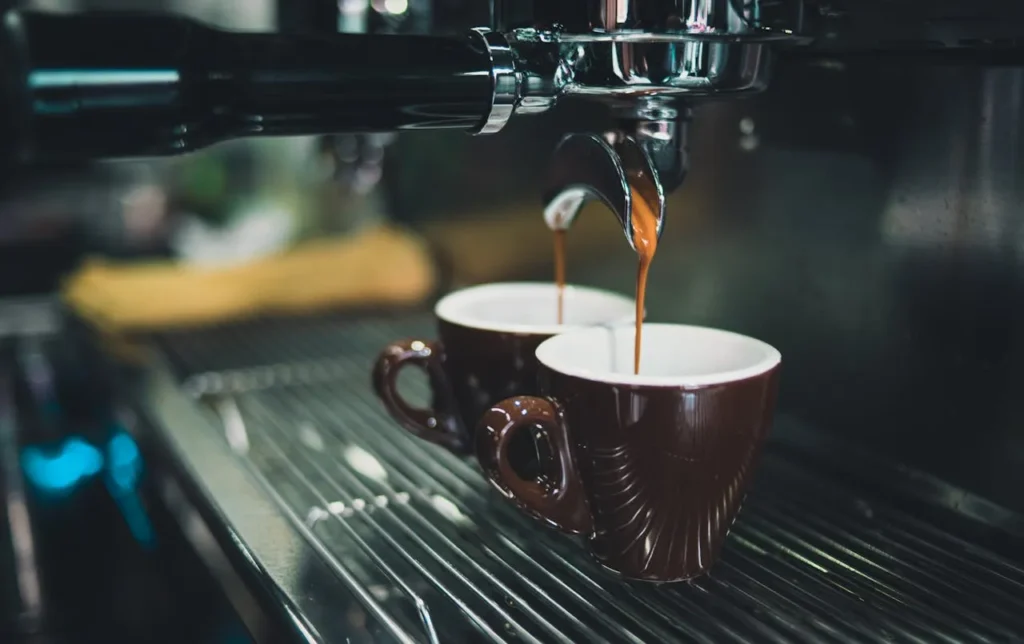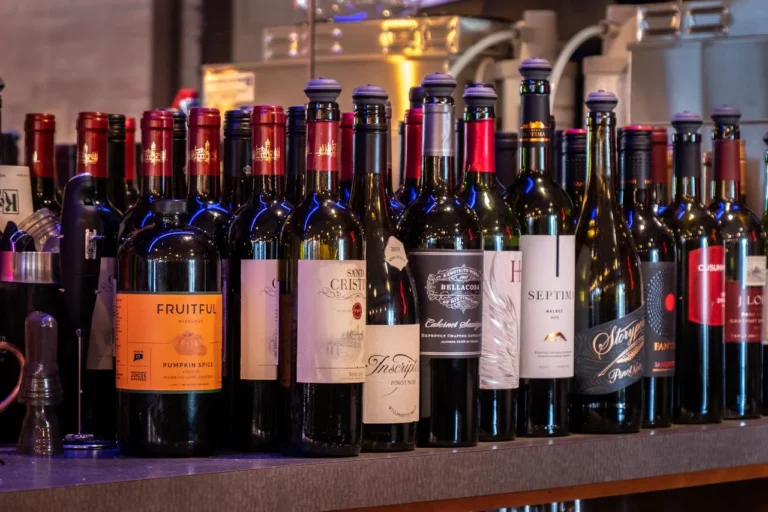
In a world marked by rising anxiety, constant digital connection, and mounting social and economic pressures, something as simple as a cup of iced coffee has emerged as an emotional anchor for millions of people. A new survey-backed initiative known as the Iced Coffee Index offers compelling insights into how this beloved beverage has become more than just a caffeine fix—it’s now a real-time indicator of consumer stress and emotional wellbeing.
Iced Coffee as a Cultural and Emotional Touchstone
The latest consumer research reveals a powerful connection between iced coffee consumption and emotional self-regulation, spanning generational divides and cutting across lifestyle categories. Whether it’s the morning ritual of a Gen Z student, the midday pick-me-up for a Millennial professional, or the comforting treat of a Baby Boomer navigating retirement, iced coffee has become deeply embedded in the emotional routines of modern life.
According to the survey data:
- 87% of iced coffee drinkers admit to sipping their favorite beverage even when they don’t actually need a caffeine boost.
- 86% say that drinking iced coffee uplifts their mood almost immediately.
- 79% report reaching for iced coffee as a small indulgence when life becomes too overwhelming.
- 77% claim that it helps them feel more grounded and present.
- 77% also say they feel more “like themselves” when holding a cup of iced coffee.
These statistics aren’t just numbers; they reflect a broader trend in how people are coping with modern stressors. One participant poignantly stated, “I was going through a lot in my life and couldn’t make it through the day without it.”
Such testimonies highlight iced coffee’s growing role as an emotional stabilizer, a reliable companion in times of uncertainty, and a psychological comfort tool for millions navigating a fast-paced, unpredictable world.
The Rise of the Iced Coffee Index
Recognizing these strong emotional ties, a coalition of behavioral researchers, brand strategists, and market analysts developed what they now call the Iced Coffee Index—a consumer sentiment tool designed to track emotional well-being in real time through iced coffee consumption habits. The index monitors consumer behaviors, preferences, and customizations to better understand how people use flavor, temperature, and ritual to manage their emotional lives.
“The Iced Coffee Index is more than a marketing metric,” explains a senior behavioral analyst involved in the project. “It’s a barometer of how people are feeling—and how they’re responding to stress, burnout, and emotional fatigue.”
This is especially relevant in today’s environment, where traditional mental health coping mechanisms—like talk therapy, exercise, or unplugging from screens—may not be as accessible or consistently practiced. In contrast, iced coffee is easy to obtain, quick to enjoy, and available in endless customizations that help people feel a sense of control and comfort.
Flavor Customization: The New Form of Emotional Self-Care
Beyond caffeine, consumers are increasingly turning to flavor customization as a form of emotional expression and micro self-care. More than 50% of iced coffee orders now include a flavor add-on, from vanilla and caramel to lavender and seasonal blends.
“Flavor is one of the quickest ways to find comfort,” said a spokesperson for the Iced Coffee Index. “We’re seeing people use flavor as a way to emotionally reset throughout the day. Customization allows them to reclaim a sense of agency in an unpredictable world.”
For some, choosing a new seasonal flavor represents a small but impactful way to boost their mood. For others, sticking with a familiar favorite can bring stability during periods of emotional turbulence. The act of customizing one’s drink becomes symbolic—offering a sense of control and identity when other parts of life feel uncertain.

A Multi-Generational Phenomenon
While younger generations have long been associated with the iced coffee boom—particularly Gen Z’s love for cold brews and quirky café culture—the emotional pull of iced coffee is proving to be a cross-generational phenomenon.
- Gen Z tends to see iced coffee as both an identity marker and a source of community, often sharing their customized drinks on social platforms like TikTok and Instagram.
- Millennials view it as a form of emotional balance and routine within their often stressful work-life juggle.
- Gen X and Boomers are increasingly turning to iced coffee for both its health-conscious appeal and as a comforting ritual in retirement or during career transitions.
Each demographic finds unique meaning and emotional utility in the drink, reinforcing the versatility of iced coffee as more than a trend—it’s a lifestyle staple with therapeutic undertones.
Iced Coffee and the Broader Wellness Economy
The emotional resonance of iced coffee fits neatly within the broader wellness economy, where food and beverage choices are increasingly tied to mental and emotional health. Functional ingredients like adaptogens, nootropics, and mood-boosting herbs have been growing in popularity—but iced coffee’s emotional appeal stems not from additives, but from its sheer familiarity and customizable nature.
Major brands and local coffee shops alike are beginning to acknowledge this trend. Some are now creating “Mood Menus” where drinks are recommended based on emotional needs—such as stress relief, joy, focus, or grounding. Others are investing in data-driven approaches, using real-time ordering behavior to shape seasonal offerings and predict emotional consumer trends.
Why It Matters
The implications of the Iced Coffee Index are significant for both businesses and mental health advocates. For brands, it offers a new lens through which to engage consumers in a meaningful way. For researchers and public health professionals, it reveals how accessible rituals like iced coffee drinking can become part of larger strategies for stress management and emotional support.
While iced coffee may not replace professional mental health care, it plays an undeniable role in daily emotional maintenance—functioning like a personal ritual, a sensory reset, or even a quiet moment of mindfulness. As consumer behaviors continue to evolve, the Iced Coffee Index stands as a testament to how something as simple as a flavored iced beverage can reflect complex emotional landscapes.




